When it comes to baby rabbits age, there are a few important things to know. Baby rabbits, also known as kits, are born blind and furless, and they typically reach adulthood at around 8 to 10 weeks. During this time, they go through several stages of growth, development and behavior changes. In this article, we will provide an overview of what you need to know about baby rabbits age and how to care for them during each stage.
What is the Age of Baby Rabbits?
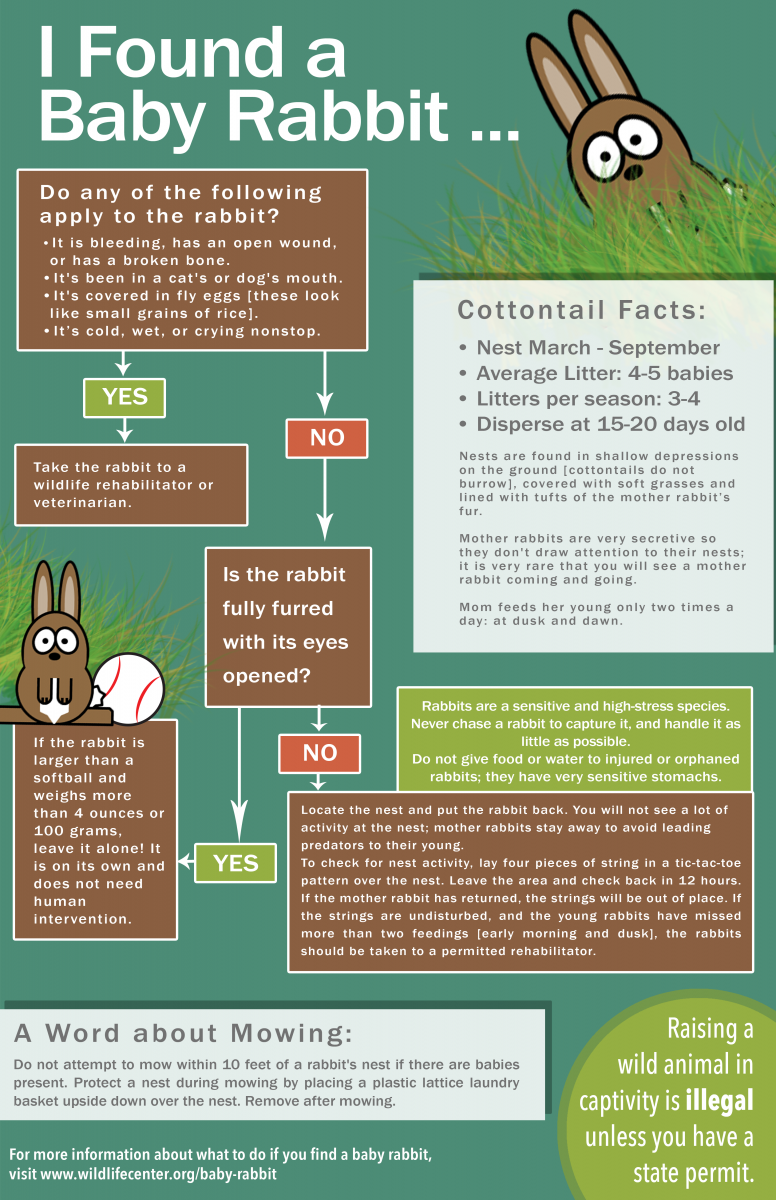
Baby rabbits, or kits, are born blind and deaf and are completely dependent on their mother for nourishment and protection. Knowing their age is important for understanding their development and growth.
- 0-3 Weeks: Just born, the kits are blind and deaf, and have no fur.
- 3-4 Weeks: By this time, the kits have opened their eyes and ears.
- 4-5 Weeks: Kits begin to explore their environment, eat solid food, and practice hopping.
- 5-6 Weeks: The kits become increasingly independent, and can groom themselves.
- 6-7 Weeks: By this point, they are fully furred and can be weaned from their mother.
- 7-8 Weeks: The baby rabbits are now ready to live on their own.
Understanding the age of baby rabbits is important for their growth and development. At each stage, rabbits need different types of care and nutrition. For example, during the first 3 weeks, the kits require their mother’s milk for nourishment, and from 4-5 weeks they are able to start exploring their environment and eating solid food.
After 6-7 weeks, they are able to be weaned from their mother and become independent. It is important to never handle the baby rabbits before they reach 7-8 weeks old, as this can cause them unnecessary stress and make them more prone to illness.
How Fast Do Baby Rabbits Grow?
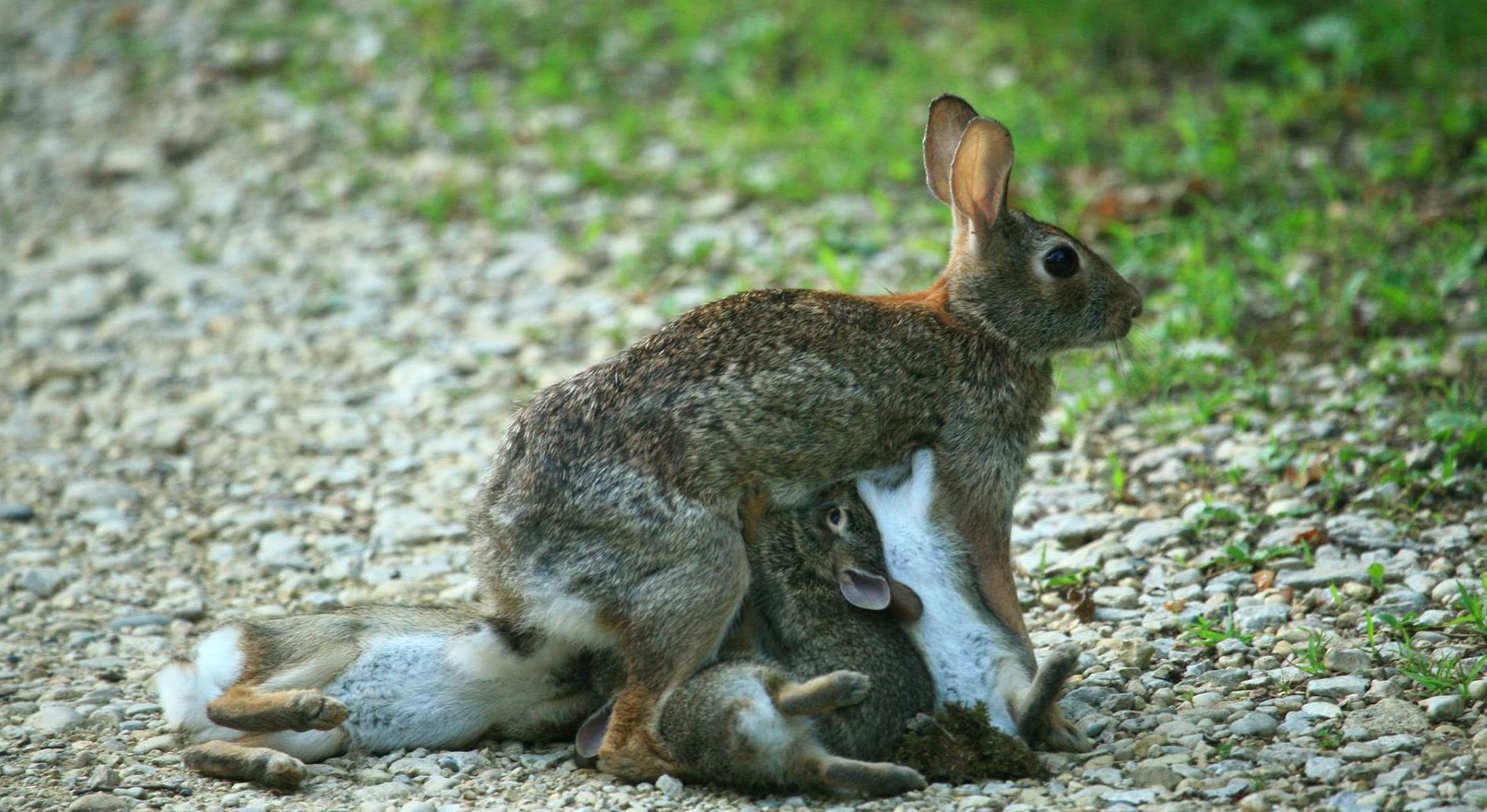
Baby rabbits are one of the cutest creatures to ever exist. They’re soft, cuddly, and unbelievably adorable. But what is even more amazing is how fast they grow!
- At one week old, baby rabbits are the size of a human fist.
- By two weeks old, they’re already the size of an adult human hand.
- By four weeks old, they’re already the size of an adult rabbit.
- At eight weeks old, baby rabbits reach their full adult size.
Rabbits reach maturity at around six months old. At this age, they can start reproducing and become part of a breeding program. However, it is important to note that baby rabbits should only be separated from their mother at 8-10 weeks old.
It is important that baby rabbits are handled with care during their growth period as they can easily be injured due to their delicate state. Keeping them in a safe and secure environment, as well as providing them with proper nutrition, is essential for their health and well-being.
What Do Baby Rabbits Need to Survive?
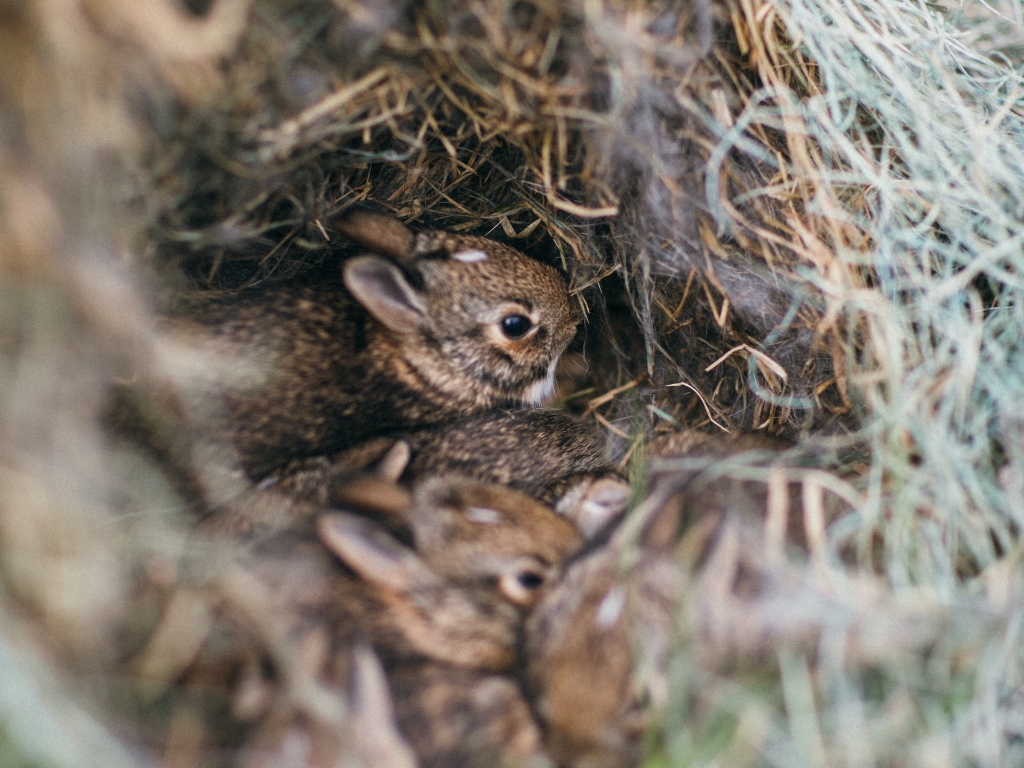
Baby rabbits need a safe, clean, and warm environment to thrive. They need fresh hay, leafy greens, and pellets for their diet. Additionally, they require sufficient water and access to a litter box for waste. To ensure their mental and physical health, baby rabbits require plenty of exercise, enrichment, and socialization.
A mother rabbit’s milk is an essential part of a baby rabbit’s diet, as it provides essential nutrients and antibodies for development. As such, it is important for young rabbits to be raised with their mothers for the first few weeks of life.
For baby rabbits that are separated from their mothers or are orphaned, it is important to provide them with a suitable substitute. Goat’s milk, infant formulas, and other specially formulated milks can be used as a substitute.
Baby rabbits should be kept away from other animals, such as cats and dogs, as they can be easily injured or killed. It is also important to keep baby rabbits away from drafts, as they are prone to getting cold.
Lastly, baby rabbits need to be vaccinated against various diseases and parasites. Vaccinations should be administered by a qualified veterinarian and should start as soon as possible.
In summary, baby rabbits need a safe, clean, and warm environment; fresh hay, leafy greens, and pellets for their diet; sufficient water; access to a litter box; exercise, enrichment, and socialization; and mother’s milk or an appropriate substitute. Additionally, they should be kept away from other animals and drafts, and vaccinated against various diseases and parasites.
How Can I Care for My Baby Rabbit?
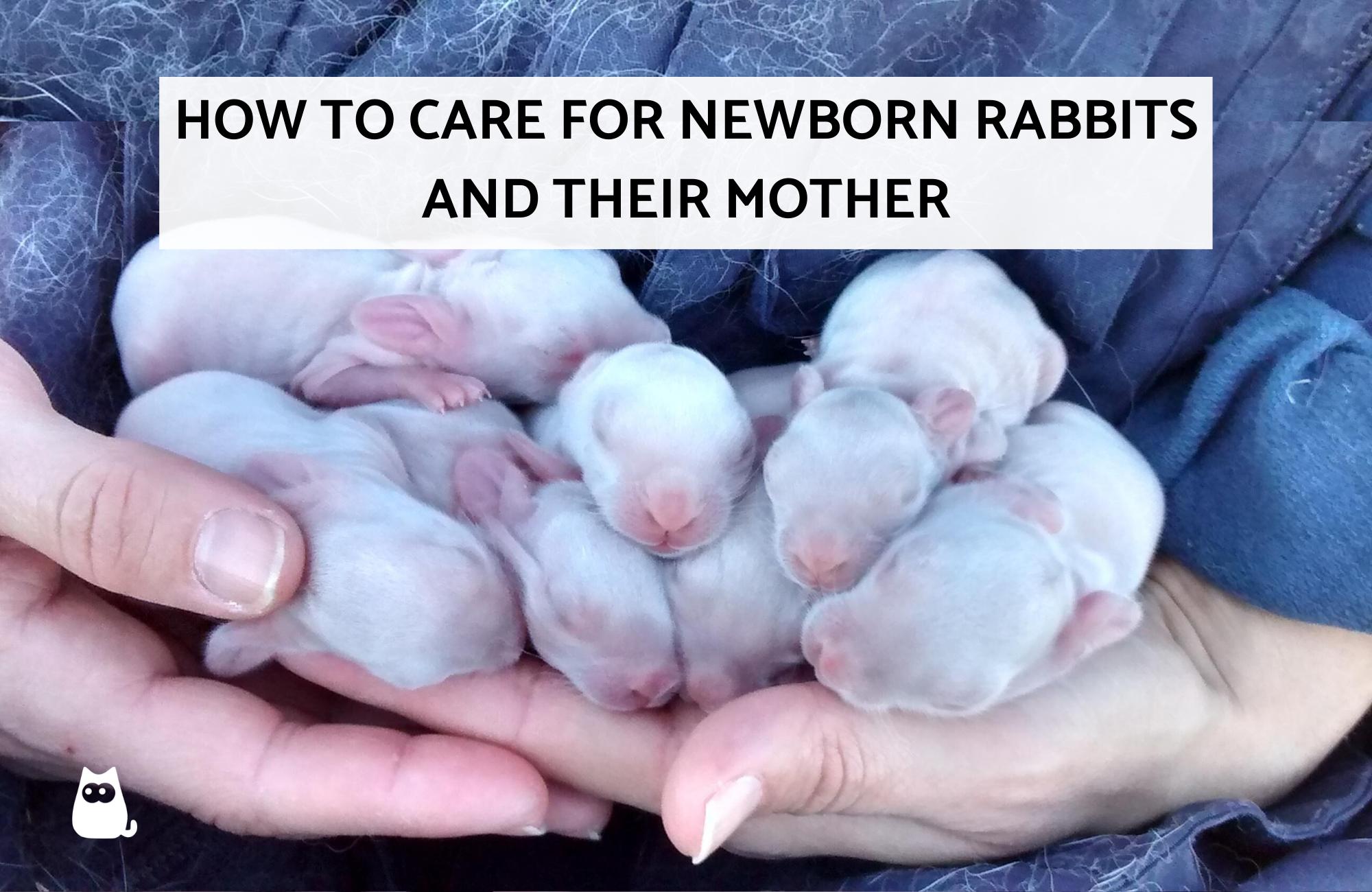
- Feeding: Baby rabbits should be fed a diet of hay, fresh vegetables, and a high-quality rabbit pellet. Provide fresh hay daily and vegetables three times per week. Limit pellets to 1/8 cup per 6 pounds of body weight.
- Bedding: Use a soft bedding material such as aspen shavings or newspaper pellets. Change the bedding weekly and spot clean as needed.
- Housing: Baby rabbits should be kept in a secure enclosure away from predators. The enclosure should be large enough for the rabbit to move around, but small enough to keep it from getting lost. Make sure the enclosure is well-ventilated and provide plenty of toys and hiding spots.
- Socialization: It is important to handle baby rabbits gently and often to help them get used to being handled. Spend time with your rabbit each day and offer treats and scratches. This will help the rabbit become more comfortable with humans.
- Health Care: Baby rabbits should be checked regularly for signs of illness or injury. Make sure to take your rabbit to a vet if needed. A healthy baby rabbit should be wormed and vaccinated to protect them from parasites and disease.
What Do I Need to Know About Baby Rabbit Health?
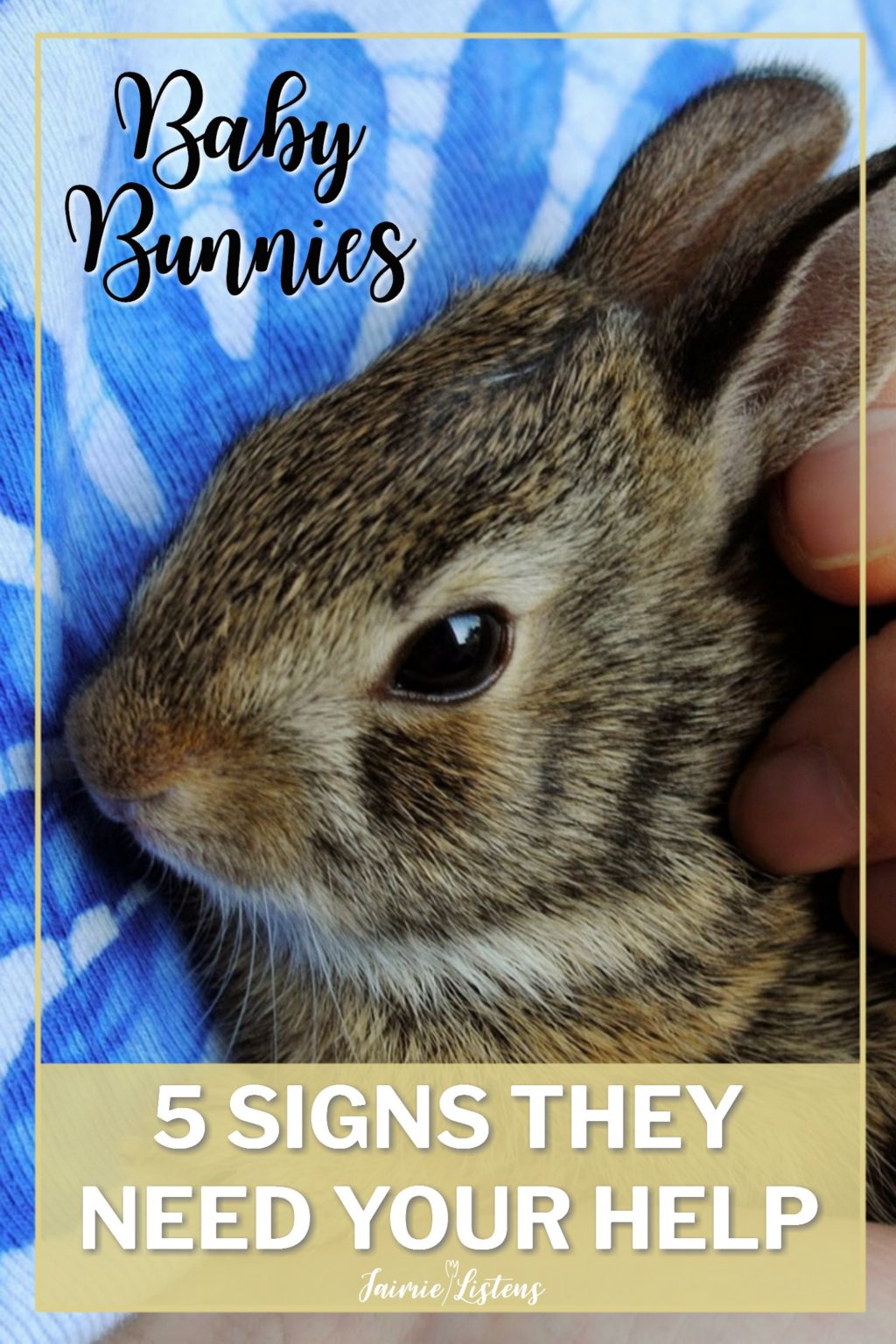
Baby rabbits have delicate digestive systems and require a diet that is high in fiber. A diet of hay, fresh vegetables, and high-quality pellets should form the basis of their nutrition. Fresh water should also be available at all times.
Vaccinations are an important part of keeping rabbits healthy. Baby rabbits should be vaccinated against Myxomatosis and Rabbit Viral Haemorrhagic Disease (RHD) at around 8-10 weeks of age.
Parasite control is essential for keeping baby rabbits healthy. Rabbits should be regularly treated for fleas, mites, and worms. It is also important to check for fly strike, which can be fatal if not treated promptly.
Grooming is also important for keeping baby rabbits healthy. Regular brushing will help keep their fur clean and free from tangles. It is also important to regularly check their nails and teeth, both of which should be kept trimmed.
Spaying and neutering is important for preventing unwanted pregnancies and avoiding certain health problems. Female rabbits should be spayed at around four to six months of age, while male rabbits should be neutered at around six months of age.
Exercise is important for all rabbits, but especially for baby rabbits. Providing a large, safe enclosure or run will help them stay active and healthy. Rabbits should also be provided with toys and things to explore, such as cardboard boxes and tubes.
Handling should be done with care. Baby rabbits are delicate and can be easily injured if handled incorrectly. It is important to handle them gently and to always support their hindquarters when picking them up.
What Should I Feed My Baby Rabbit?
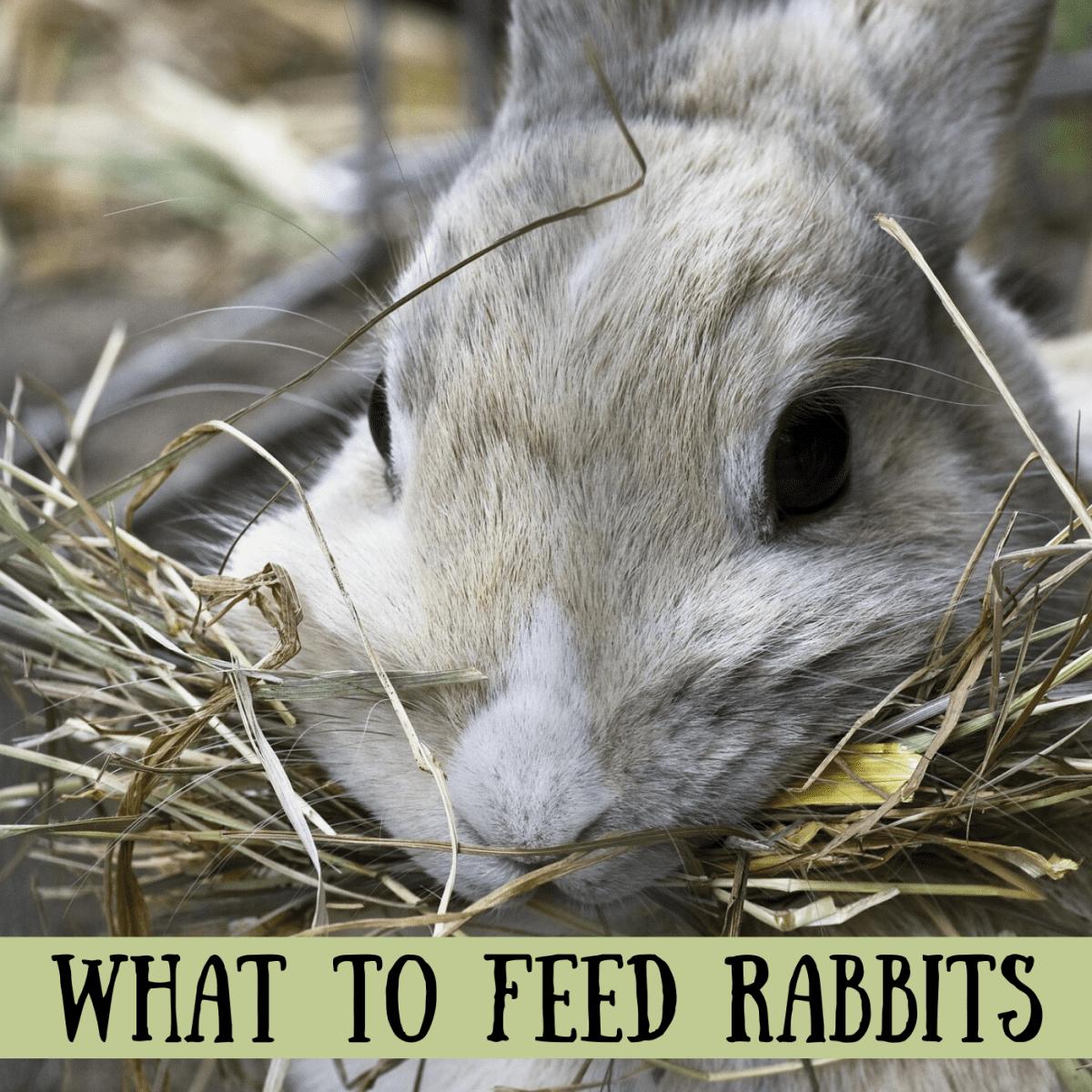
- Alfalfa hay should be given to baby rabbits as their primary source of food, as it contains high levels of protein, calcium, and other essential vitamins and minerals.
- Fruits such as apples, pears, and bananas can also be fed to baby rabbits in moderation.
- Leafy green vegetables are also important for baby rabbits as they provide essential vitamins and minerals, as well as fiber.
- Grains such as oats, barley, and whole wheat can also be fed to baby rabbits, but should be limited.
- Commercial rabbit pellets can be given to baby rabbits as a supplement, but should not be the primary source of food.
- Treats such as carrots and berries should be given in moderation, as they are high in sugar.
It is important to feed baby rabbits a balanced diet, as their nutritional needs are much higher than those of adult rabbits. It is also important to provide fresh, clean water at all times. Baby rabbits should be fed several times a day and any uneaten food should be removed to prevent spoiling.
What Should I Do if My Baby Rabbit Gets Sick?
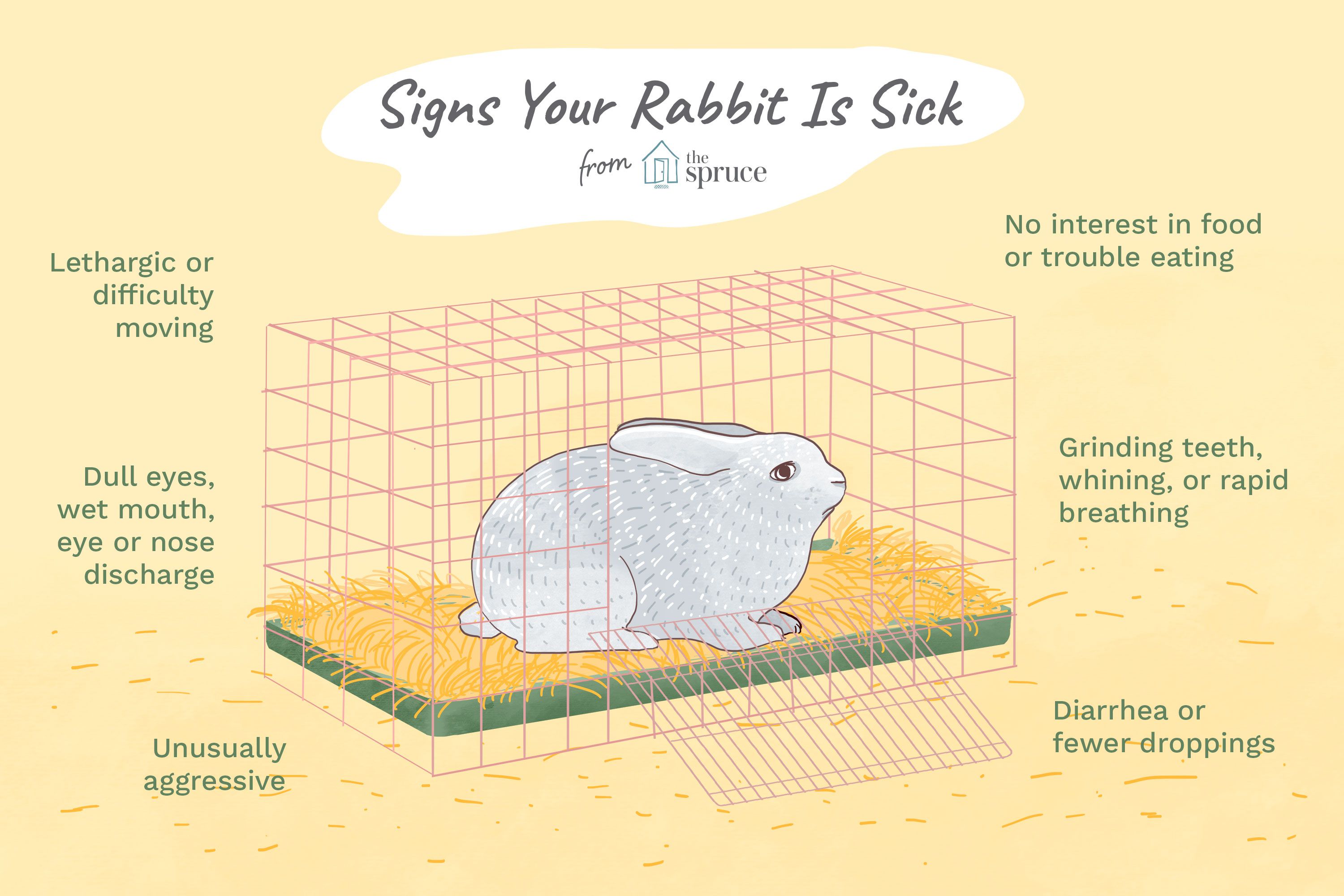
- Monitor your baby rabbit’s behavior: Check your baby rabbit’s behavior and look for signs of illness such as lethargy, lack of appetite, difficulty in breathing, and excessive sneezing or coughing.
- Check for physical signs of illness: Check your baby rabbit for any abnormal physical signs such as red eyes, runny nose, sneezing, coughing, or lethargy.
- Take your rabbit to the veterinarian: If you suspect that your baby rabbit is sick, take it to the veterinarian as soon as possible. The veterinarian will be able to diagnose and treat the illness.
- Follow your veterinarian’s instructions: Your veterinarian will recommend a course of treatment for your baby rabbit. Follow your veterinarian’s instructions and administer the prescribed medication as directed.
- Keep your baby rabbit comfortable: Provide your baby rabbit with a warm, comfortable environment and plenty of fresh food and water. Monitor your baby rabbit’s behavior and take it to the veterinarian if you notice any signs of illness.
What Should I Do if My Baby Rabbit isn’t Growing Properly?
If you have noticed that your baby rabbit isn’t growing as expected, there are a few steps you can take to ensure its health and wellbeing. First, it is important to understand the normal growth rate for baby rabbits. Generally, baby rabbits will double their birth weight within two weeks, and will reach their adult size by the time they are 8 to 10 months old.
If your baby rabbit isn’t meeting these milestones, you should first consult a vet to rule out any health issues. A vet can also provide advice on diet, exercise, and other factors that can affect your rabbit’s growth.
Nutrition is a key factor in baby rabbits growth. Make sure that your rabbit is receiving fresh hay, vegetables, and a good-quality pellet diet. Avoid giving your rabbit too much food, as this can lead to obesity and further problems.
Exercise is also important for baby rabbits. Make sure that your rabbit has access to a large, secure area where it can run and play. This will help to promote healthy growth and prevent obesity.
Finally, it is important to be patient. If your baby rabbit isn’t growing as expected, it may just take a bit longer to reach its full size. As long as your rabbit is happy and healthy, there is no need to worry.
If you have any concerns about your baby rabbit’s growth, the best thing to do is to consult a vet. They will be able to provide advice and guidance to ensure that your rabbit reaches its full potential.
Frequently Asked Questions
How long does it typically take for a baby rabbit to reach full maturity?
A baby rabbit typically takes between 4-8 months to reach full maturity. During this time they will grow rapidly, eventually reaching their full body size. After maturity, they are considered adults and will no longer grow.
What is the Average Lifespan of a Baby Rabbit?
- 3-4 years: The average lifespan of a healthy, well-cared-for baby rabbit is 3-4 years.
- Indoor rabbits: Indoor rabbits can live up to 8 years or more if provided with proper care.
- Outdoor rabbits: Outdoor rabbits, on the other hand, may live only 1-2 years due to predators, poor nutrition, inclement weather, and disease.
Factors Affecting Lifespan of Baby Rabbits:
- Genetics
- Diet
- Exercise
- Housing
- Parasites
- Injury
- Stress
Healthy Habits:
- Provide a healthy diet
- Ensure adequate exercise
- Maintain a clean and comfortable habitat
- Monitor for signs of disease or injury
- Schedule regular vet visits
Are Baby Rabbits Able to Reproduce?
No, baby rabbits are not able to reproduce. The reproductive age for rabbits varies depending on their breed, but typically starts around 4–6 months of age. Rabbits reach sexual maturity at around 6–10 months of age, and can start reproducing at that time. However, it is not recommended to breed rabbits before they are one year old.
What type of care is needed for a baby rabbit?
Nutrition: Baby rabbits need to be fed a diet of hay, fresh vegetables, and a high-quality pellet food specially formulated for young rabbits. It is important to provide a balanced diet of healthy foods to ensure their growth and development.
Exercise: Baby rabbits need to be able to exercise regularly to stay healthy. Provide them with a safe, enclosed area to play in and give them plenty of toys to play with.
Grooming: Baby rabbits need regular grooming to keep their fur clean and healthy. Brush them regularly and check them for any signs of parasites or skin problems.
Socialization: Socializing your baby rabbit is important for its development. Make sure to handle your baby rabbit regularly and provide them with lots of attention and love.
Veterinary Care: Baby rabbits need regular veterinary care to stay healthy. Make sure to take them for check-ups and vaccinations to make sure they stay healthy.
Housing: Baby rabbits need a safe, secure, and comfortable home. Make sure their enclosure is large enough for them to move around freely and provide them with plenty of bedding and toys.
What is the Best Age to Introduce a Baby Rabbit to Other Animals?
It is generally recommended to wait until a baby rabbit is at least 4 months old before introducing them to other animals. At this age, the baby rabbit is more likely to be socialized and can better handle the stress of a new environment. Additionally, it is important to ensure that the other animals are up to date on their vaccinations and free from any illnesses or parasites.
Conclusion
Baby rabbits begin life small and helpless and require special care, including a warm and safe environment, proper diet and supplements, and regular veterinary visits to ensure healthy growth and development. With proper care, baby rabbits can grow into healthy, happy adults.
References
- PetMD. “Baby Rabbit Care,” PetMD.com
- National Rabbit Council. “Baby Rabbits,” NationalRabbitCouncil.co.uk
- Wikipedia. “Rabbit,” Wikipedia.org
